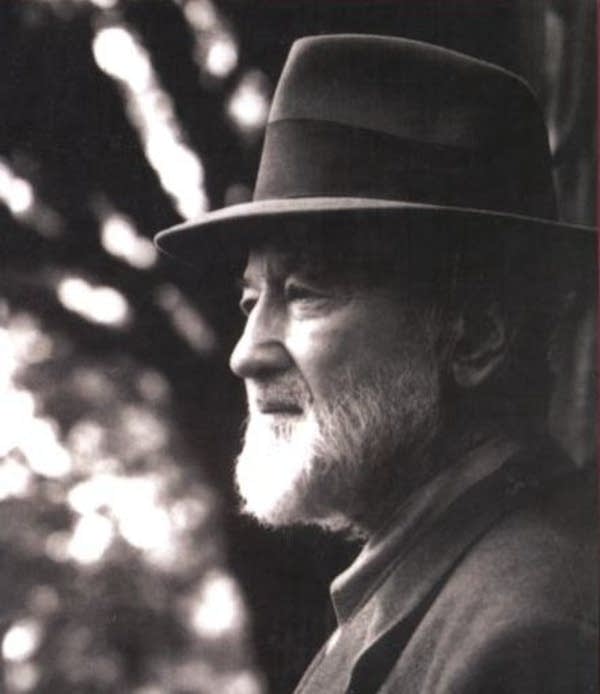
Antonin Dvorak came to the United States in 1892. America fascinated him, from the trains in Penn Station to the giggles of Minnehaha Falls, in a place called St. Paul.
And of course, there was the music. It was of a sort he'd never heard before: African-American spirituals, Native American dances, folk hymns of the white churches.
But he knew its importance. Here was the Lake Itasca of a mighty national music, just as Bohemian folk traditions informed Dvorak's own compositions.
He made a few modest public proposals, such as: American composers should listen to the music that's around them, absorb it, cherish it, make it their own. From this folk foundation would grow a truly American music. You would have thought he'd suggested replacing the viola section with banjos. Critics exploded. "We're the heirs of Beethoven and Haydn!" they shouted, "Not illiterate crooners and Baptist hymn-writers."
Dvorak shook his head, shrugged his shoulders and muttered, "I just thought it might make more sense to develop a distinctly American art form." Though the musical establishment just didn't get it, Dvorak proved a prophet.
From the ground up developed ragtime, jazz, blues, bluegrass, country, rock and roll. The quiet Bohemian would have beamed at the rich products of American genius. Less dramatically, but more closely related to Dvorak's original suggestion, American orchestral composers also began listening to the music around them.
---

Each evening at 8:00 this week on Classical MPR we'll feature an American symphony, each a product - with one exception - of this ear-to-the-ground tradition.
Another is by a contemporary Minnesota composer, Libby Larsen, her Symphony subtitled "Water Music" written in 1985 for the 300th anniversary of Handel's birth.

The influence of Antonin Dvorak's casual, common sense suggestion - listen to the music that's around you - still resonates, still informs the imaginations of artists adding their own episodes to an ongoing saga.
These five aren't by any means the whole story, just a rewarding survey, and a guide to further listening.
Love the music?
Show your support by making a gift to YourClassical.
Each day, we’re here for you with thoughtful streams that set the tone for your day – not to mention the stories and programs that inspire you to new discovery and help you explore the music you love.
YourClassical is available for free, because we are listener-supported public media. Take a moment to make your gift today.


